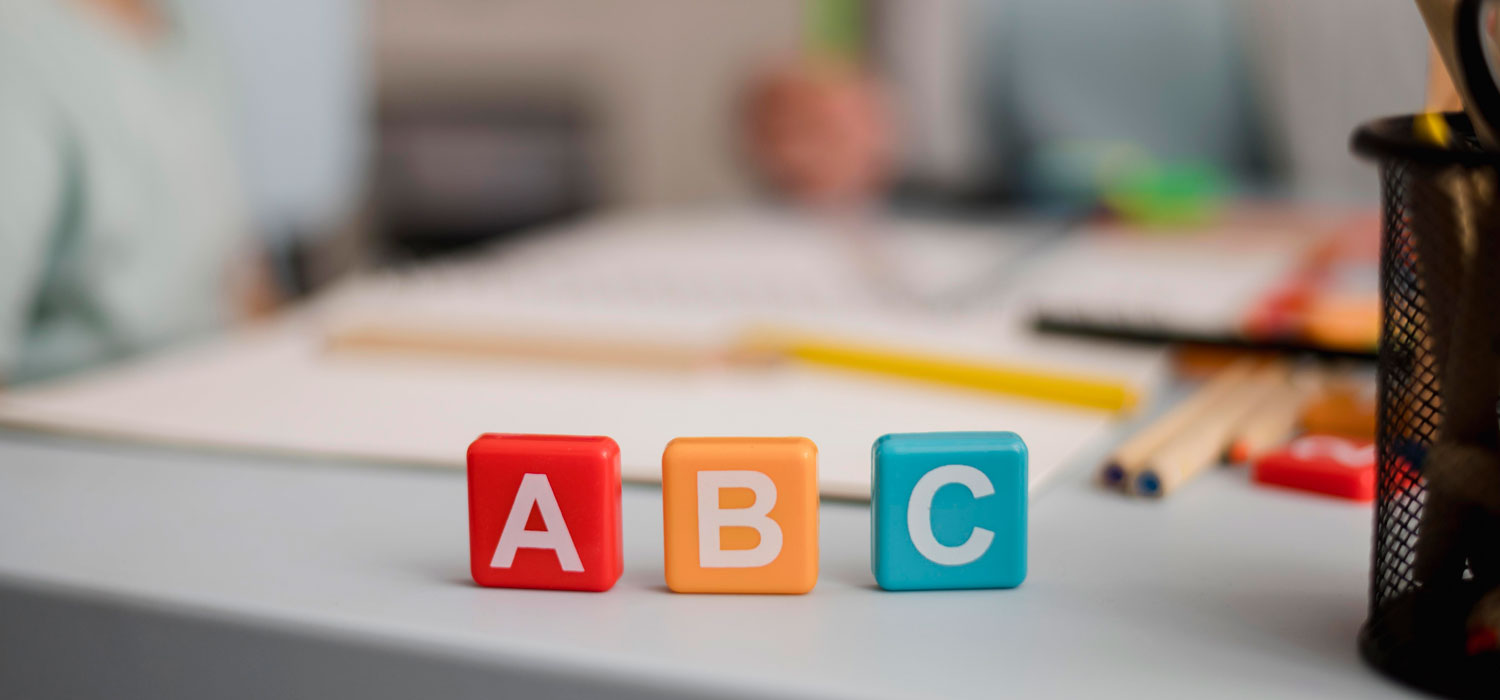
In April 2019, at the start of my assignment as chair, I promised donors PEACE would seek continuous quality improvement by doing the right things and doing them right. The staff wholeheartedly embraced this approach and defined success factors and measurement criteria upon which to gauge performance in all undertakings. Even though COVID and the ensuing Humanitarian Relief Appeal (HRA) took top priority for the last twelve months, program evaluations and improvements progressed in virtually all we do.
About a year ago, we began to improve the quality of our English Department by hiring an internationally experienced Teacher/Program Supervisor, skilled in teaching it as a second language in accordance with the acclaimed British Council methodology and its Common European Frame of Reference approach. Simply stated, the PEACE program entailed a sequential 12-year progressive learning technique that we implemented across all grade levels several years ago. On the surface, the program seemed akin to what would be found in select North American school districts.
The impoverished “district” in which Punta de Mita schools operate is not a select one, and it is more analogous to large inner-city schools where severe socio-economic issues degrade the education of children. In fact, here are some disturbing external and uncontrollable disrupters that play havoc on teaching in our towns:
- Greater than 60 % (55 % nationally) of 14-year-old children drop out of school upon finishing grade 8, junior high school that is.
- Hundreds of kids are slow learners in basic Spanish subjects of reading, writing, and arithmetic.
- Hundreds more have no desire to learn a second language, English.
- Children are promoted from grade to grade based on age only and not scholastic performance further exacerbating incompetence.
- Transient children entering English classes are lost.
- The national mandate to learn English varies like the wind due to a severe lack of qualified teachers.
So, while many children embraced their PEACE taught learning experience the majority simply do not, leading us to find A Better Way to teach English.
After months of studying A Better Way, a skill-based learning approach wherein children are grouped by remedial, beginner, intermediate, and advanced in all levels of school (primary, secondary, and high school) may prove the future for teaching. While we cannot simply ignore slow learners and non-conformists, we can no longer tolerate disrupters that affect the learning of those who want to gain this skill, and it’s a delicate balance. The PEACE team has defined a Multi-Phased approach for assessing the skill-based technique: define the program, assess our teaching staff, seek department of education approval, assess/test online and categorize children, perform trial runs at various levels, and then implement when we gain assurance of program success. This could take place when in-person school begins either in August 2021 or January 2022, the new whisper rumor start date from the State Capital in Tepic. Whenever we will anticipate lots of early on classroom confusion and chaos as public-school teachers assess student performance in basic Spanish subjects after a 17-to-21-month hiatus.
In closing, during the HRA we fostered education with the Connect for Kids electronics hardware initiative, and we gained valuable insight as to who we are, what we do, and to whom we do it. Identifying systemic problems and finding workable solutions tests the mettle of leaders at all levels in normal times, let alone during an education-crippling pandemic. Yet we succeeded. Finding A Better Way is the mantra for continuous quality improvement, and I’ll keep you apprised of our progress.
Leave a comment